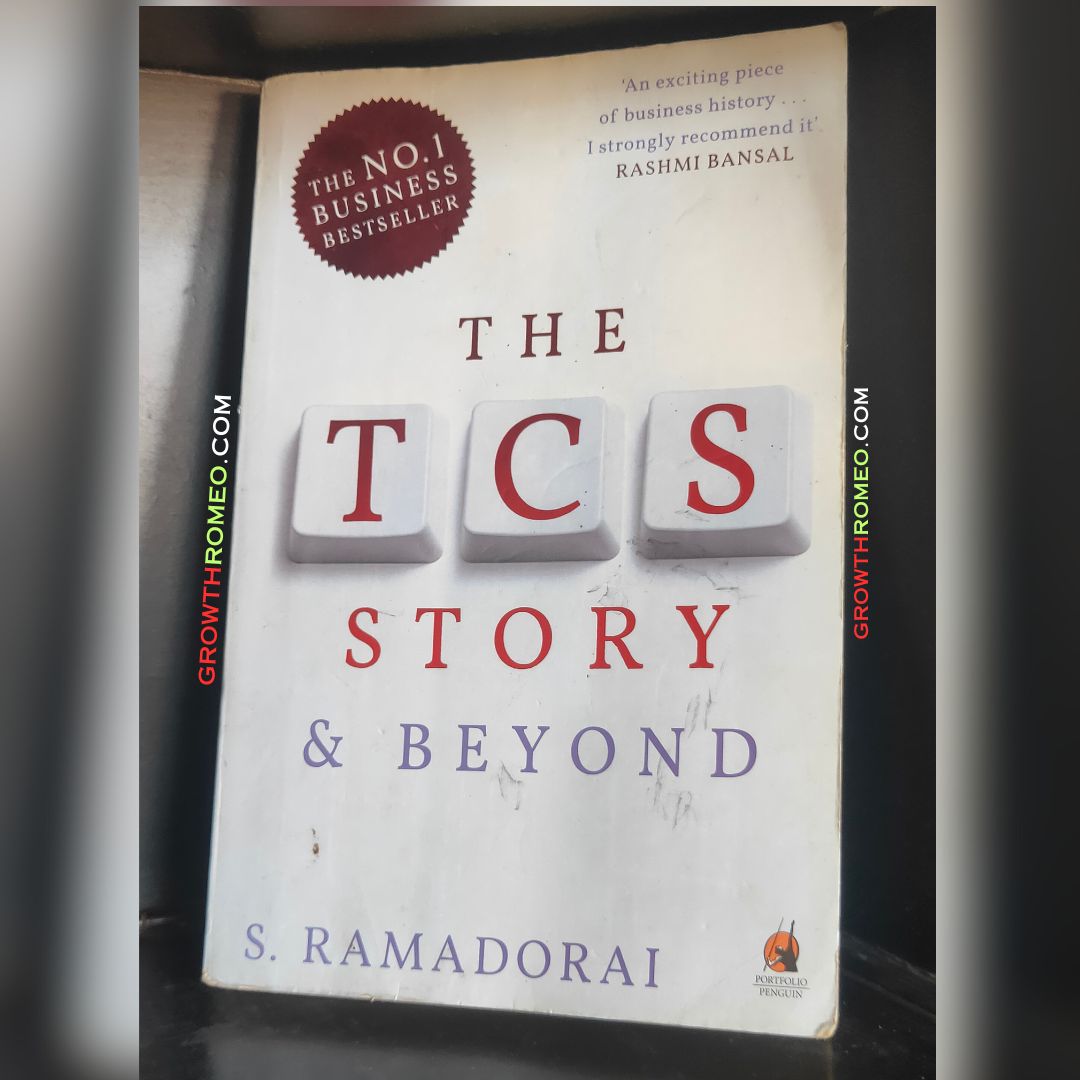One day, in the mid-1990s, a guy who had a long history of working in the ops vertical at TCS was invited by the CEO to a dinner. The CEO offered this guy to lead the HR team at TCS.
The guy was surprised.
However, he was hesitant to take this role.
Back then, the HR department of TCS was less of an HR department and more of a back-office administrative department. Barely 10 people catering to the needs of 5000+ employees. They comprised of HRs with not the best of the skills, or competency.
The CEO wanted to change this. And to overhaul the HR department he wanted to delegate the work to an experienced ops guy who could set up an institutionalised process in place.
This was because-
He foresaw the tremendous growth that TCS was about to witness.
He knew that scaling up in the IT software and services industry was about adding more and more people.
He knew that they would soon be moving from hiring half a hundred in a batch to tens of thousands. And this should be done without diluting the quality of service or the culture of excellence that they had built.
From the beginning, TCS had heavily emphasized upon employee learning and development. They had well-stocked libraries at every TCS facility, and employees were encouraged to spend time there (working time).
Since inception, they had self-appraisal systems.
They had decoupled pay from an individual’s performance and rather made it a variable of the individual’s potential and the company’s performance.
Despite all this and numerous job perks, the attrition was very high at TCS.
‘Bench Time’ was not that good either.
This is why the CEO wanted to transform the HR vertical and make it ready for the future.
His choice was Mr. Padmanabhan (known as Paddy).
But the apprehensions of Paddy from taking this job were equally justified and understandable. There were chances that Paddy may get sidelined and become less impactful, or invisible if he joined a dormant department.
But when the CEO explained why he picked him, he did join.
TCS in the next 10-12 years, scaled from 6000+ employs to 200,000+.
Today, Tata Consultancy Services employs 600,000+ people and is known for its employee-first culture. In fact, in early 2023, when the big blue chips were announcing layoffs in 10s of thousands, TCS announced that they are giving hikes, and they are adding 40,000+ peeps to their workforce.
A big part of this can be attributed to how Paddy architected and laid the foundations of the HR department, esp channeling the focus on five key HR impact fronts—
- Productivity Improvement
- Talent Retention
- Talent Scouting
- Succession Planning
- Leadership Development
Read The TCS Story Book to find deets on how the HR department was transformed to serve the TCS of the future and many other minute details on how this massive company was designed to be what it is today.
Note: Note: When you buy from the above link(s), I get a sales commission from Amazon at no extra cost to you. I use this money to satiate my appetite for reading more books 🙂





